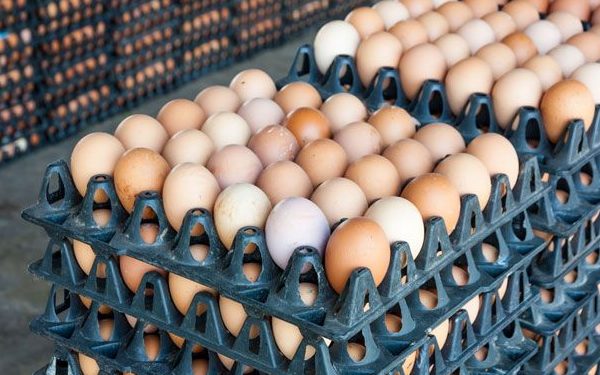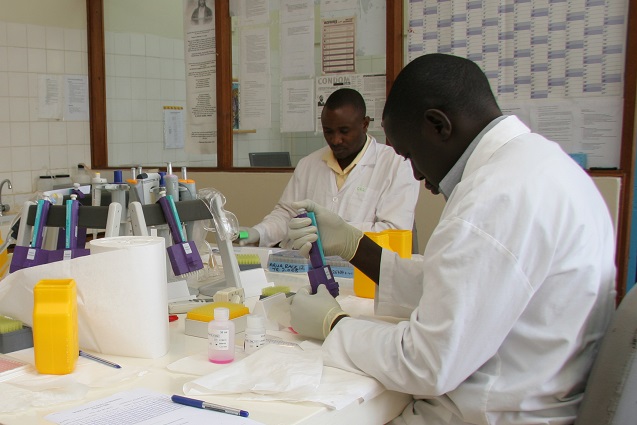The Federal Ministry of Livestock Development has proposed a ₦11.8 billion budget for 2025 to address the rising cost of animal protein, revitalize the livestock sector, and strengthen food security in Nigeria. Amid soaring prices of eggs, beef, chicken, and fish, the ministry plans to allocate ₦44 million to expand the national egg production scheme in a bid to increase the availability and affordability of these essential proteins.
Other critical allocations in the budget include over ₦85 million for technical backstopping to ensure effective implementation of livestock projects, ₦300 million for purchasing one million doses of cattle vaccines, and ₦125 million for vaccine equipment to enhance animal health services. Additionally, ₦270 million has been set aside for procuring ambulatory vehicles for veterinary centers, while ₦207 million will be used to purchase pesticides to combat livestock diseases.
The ministry also plans to spend ₦156 million on aerial pest control operations during wet and dry seasons and ₦90 million to build a solar-powered vaccine cold room in Oyo State. Rehabilitation of abattoirs and slaughterhouses in Lagos, Adamawa, Enugu, Bayelsa, Benue, and Anambra states will cost ₦259 million, while ₦315 million is earmarked for the development of ranches to support sustainable livestock production.
Minister of Livestock Development, Idi Maiha, has assured Nigerians of the government’s unwavering commitment to boosting the sector. Speaking during a meeting with the Poultry Association of Nigeria, led by its Patron and Board of Trustees Chairman, Asiwaju Badmus, the minister emphasized the need for immediate interventions to strengthen the poultry industry, which he described as crucial to Nigeria’s food security and economic growth.
The budget further prioritizes the construction of solar-powered boreholes across 30 federal constituencies, artificial insemination services, disease surveillance, and honey production support, reflecting a holistic approach to livestock development. While pledging to tackle structural and policy challenges, Maiha highlighted that these measures aim to increase productivity, reduce food prices, and ensure sustainable growth in the livestock sector.
The ministry also intends to spend significantly on operational needs, including ₦124 million for a ministerial retreat, ₦370 million for vehicles, and over ₦116 million for computers and accessories, underscoring its plans to improve administrative efficiency.










